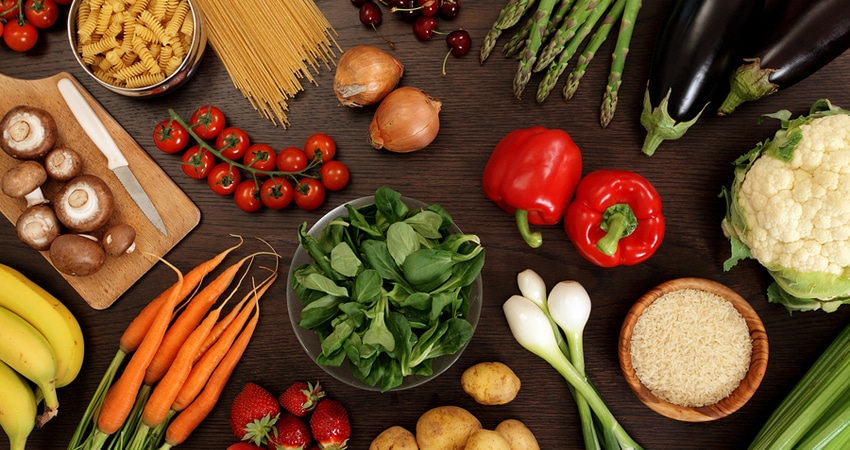
Myths and Facts About Food and Nutrition After 50
Nutrition myths are everywhere today for people over 50, in large part because there is no tried-and-true standard for dieting. Because your body chemistry is different from everyone else’s, it’s difficult to get advice that really applies to you. What everyone can do instead is banish the myths about nutrition and food and focus on the facts and what works best for you.
Myth: Only eat when you’re hungry.
This myth is an easy one to follow if you just don’t feel like eating. But before you skip a meal, remember that your metabolism will start to slow when you skip. The more you establish healthy patterns (and stick with them), the more likely it is your body will get the most out of the foods you do consume. Use portion control and serving suggestions to keep yourself from going overboard one way or the other.
Myth: You should stop eating so much after 50.
Just because you can’t process foods the way you used to, doesn’t mean you should be eating a lot less than you used to. That being said, you may still need to change the types of food you’re choosing. If you’re still eating high-calorie foods, it’s time to curtail those habits. Men should aim for 2,400 calories at the most, and women should aim for 1,800. Start checking calories on the foods you like, and try to fill up with more vegetables on a daily basis.
Myth: You can make up for your diet with supplements.
Supplements can have an adverse effect on the body if you’re not careful, and many people don’t realize it until it’s too late. For example, the calcium you take in a supplement and the foods you eat can eventually start to build up in your kidneys. This may lead to a calcified kidney stone that can cause far more than mild discomfort. If you want to take supplements, talk to your doctor first.
Myth: It’s too late for me.
It’s never too late for people to change their nutrition habits, even when it feels that way. While it’s true it’s sometimes easier to learn new things when they’re younger, it’s by no means impossible for people to start caring more about their health. Doctors see it happen every day!
Dieting advice isn’t so different in your 20s as it is in your 50s: try to limit dangerous foods and dish out more whole ones. Part of caring for your health is staying on top of doctors visits, prescribed medications and more. Visit the Atkinson’s Pharmacy website to learn more about how we can help you make healthy habits part of your daily routine.
